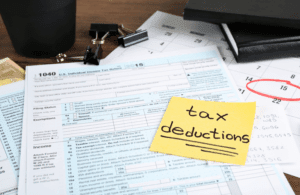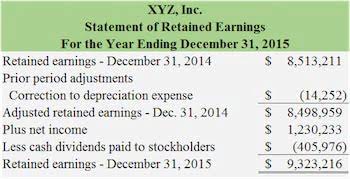Hotel Budget Plan: Essential Steps for Small Hotels

While hotel budgets focus on hotel budget short-term forecasts, hotel management must keep sight of long-term needs too, and plan accordingly. The master budget integrates all functional area budgets into one cohesive document. It typically includes income statements, balance sheets, and cash flow projections.
- If guests consistently mention long wait times for check-in or check-out, it may be necessary to invest in additional front desk staff or implement technology solutions to streamline the process.
- Ensure that your hotel is positioned properly to continue to gain share and not displace business.
- These systems not only improve accuracy but also allow hotels to respond rapidly to market changes, offering a significant competitive advantage.
- For example, if a hotel expects a slowdown in demand due to seasonal fluctuations or economic downturns, it can adjust its marketing efforts or reduce costs accordingly.
- A well-thought-out budget and accurate forecast allow managers to make informed financial decisions, prepare for peak seasons, and control costs during low-demand periods.
- Confirm that your projected operating cash flow, the amount of revenue generated by standard hotel operations, is going to generate enough profit to keep the hotel operating until next season.
Changing Customer Preferences
Use this information to position your hotel competitively while accounting for changes in supply and demand dynamics. However, successful implementation requires a balance of technology, market insight, and customer-centric strategies. In an increasingly competitive landscape, yield management is not just a tool for maximizing profits—it is a critical component of a hotel’s long-term sustainability and growth. They rolled out a hotel business intelligence system focused on operational analytics and predictive maintenance. Start using these powerful insights with Lighthouse to supercharge your revenue management strategy and stay ahead in today’s dynamic market. This insight allows for data-driven adjustments, so you are continually optimizing rates and occupancy, and refining your revenue management strategy.

Good practices of budgeting in a hospitality industry

This type of budget assists management in prioritizing long-term assets and infrastructure needs while balancing short-term financial requirements. The operational budget focuses on day-to-day activities related to generating revenue and controlling costs. Key components include revenue projections, labor schedules, utility expense estimates, and Accounting for Churches purchasing plans for supplies and inventory.

Annual objectives
This strategic financial plan guides key decision-making processes, ensuring alignment with long-term goals and objectives. You will get the most out of this guide if you follow the below steps to learning hotel budgeting and forecasting. Total revenue management is a pivotal aspect of budgeting, where meticulous planning and strategizing can substantially impact your property’s financial outlook. This approach shifts the focus from mere room revenue to a holistic view, encompassing meeting space, room nights, F&B, and other revenue streams. They always say you should have a “cushion” when it comes to budgeting, and hotel budgets are no exception. Unpredictable events—whether they’re market shifts, fluctuations in demand, emergencies, or issues within your hotel—can significantly impact your budget gross vs net if you’re not prepared.
Performance Analysis and Improvement
- However, gathering reliable information about competitors’ strategies, pricing, and occupancy levels can be challenging.
- This budget allows for a more precise allocation of resources, ensuring smooth operations even during periods of low occupancy or unexpected expenses.
- These include costs like major renovations or purchases such as a generator.
- Setting specific, measurable, achievable, relevant, and time-bound (SMART) goals is crucial for the success of any hotel’s budgeting process.
- Open dialogue facilitates consensus-building and reduces misunderstandings regarding resource availability and expectation management.
This category includes the rent or lease amount, property taxes, and other bills you receive in relation to this. If you rely on tour guides and agents for recommendations and bookings, their commission is a part of your expense structure. It’s a prerequisite to constantly modify and decorate the property to suit the occasion and customer’s liking. Other than small do-ups, some involve big investments like changing the furniture or redesigning the garden area. This category includes every fresh and processed product you buy on a monthly basis. It also consists of any other items you purchase, such as room items, licenses, common area benefits, etc.

